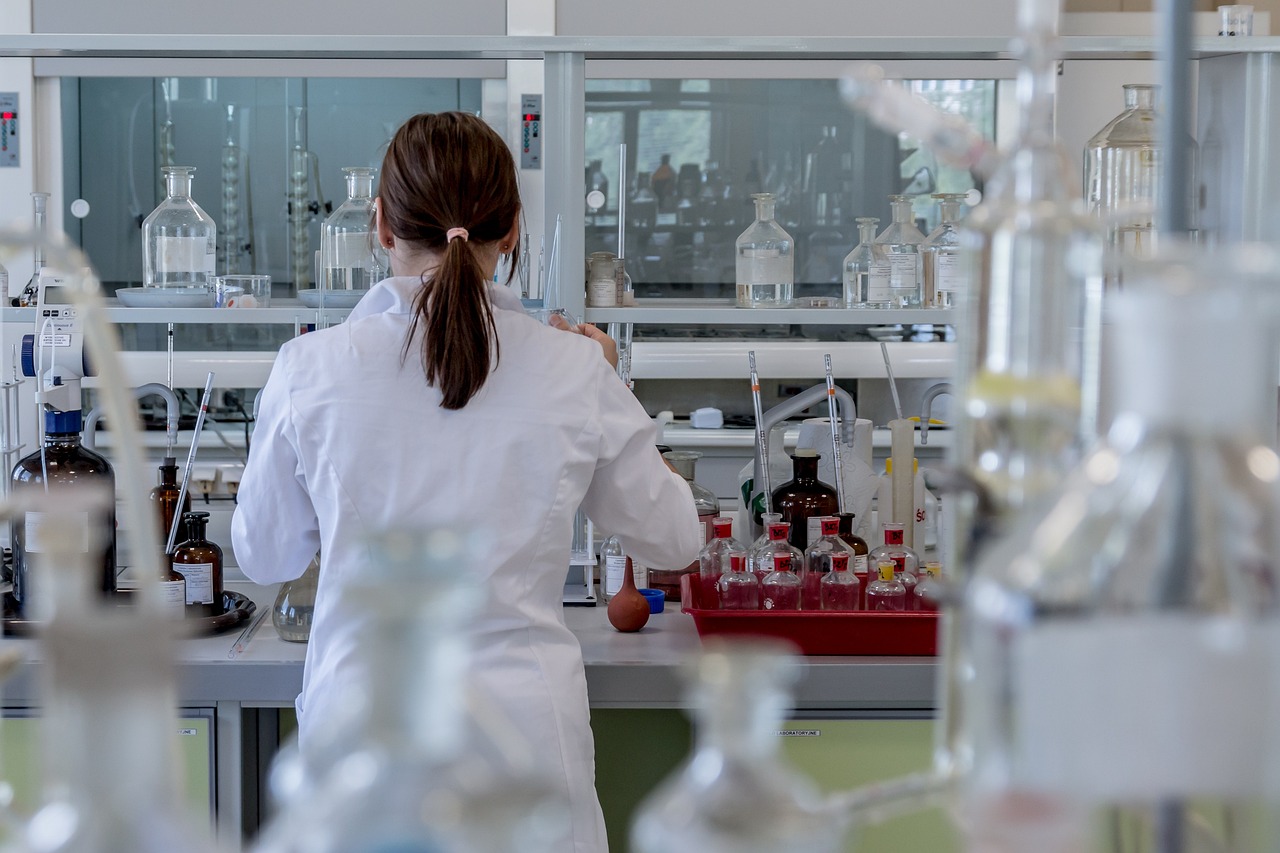Brain Has The Power To Regain Vision: Research- According to new research, the adult brain has the power to regain lost vision. The study, which was conducted by scientists at the University of Montreal, found that the visual cortex – the part of the brain responsible for processing visual information – can be rewired in adults who have lost their sight. While the study is still in its early stages, the findings offer hope to those who have lost their vision and could potentially lead to new treatments for blindness.
The adult brain has the ability to regenerate vision
The adult brain has the ability to regenerate vision, according to new research.
Scientists have long believed that the adult brain is unable to regenerate vision, but this new study shows that the adult brain has the power to regain vision.
The study was conducted by researchers at the University of Southern California (USC) and published in the journal Nature Neuroscience.
To conduct the study, the researchers used a special type of eye surgery called optogenetics. This allowed them to stimulate specific cells in the retina with light.
The results showed that when the cells were stimulated, they were able to send signals to the brain and improve vision.
This is a major breakthrough in our understanding of how the brain works and could lead to new treatments for vision loss.
The study was conducted on mice, but the researchers believe that the findings could be applied to humans.
This is not the first time that optogenetics has been used to improve vision. In 2015, a team of researchers from Stanford University used optogenetics to treat blindness in rats.
The new study provides further evidence that optogenetics could be used to treat vision loss in humans.
This research could help those with degenerative eye diseases
There is new hope for those suffering from degenerative eye diseases, as research has shown that the adult brain has the power to regain vision.
Scientists have long believed that the brain is unable to regenerate nerve cells, but this new research proves otherwise. The study found that when adult mice were injected with a protein known as BDNF, they were able to regenerate damaged optic nerves and improve their vision.
This is exciting news for those suffering from degenerative eye diseases such as macular degeneration and glaucoma, as it offers new hope for treatment and potential cures. While more research needs to be done to determine if this approach will work in humans, it is a promising first step.
The study was conducted on mice, but the results could be applicable to humans
The study conducted by the University of Southern California was on mice, not humans. The results could be applicable to humans, but this has not been proven. The study found that when an adult mouse lost its vision, the brain had the ability to adapt and regain some level of sight. This is an exciting finding, but it does not mean that the same will happen in humans. More research is needed to determine if this finding can be translated to humans.
The research is still in its early stages
While the research is still in its early stages, scientists have found that the adult brain has the power to regain vision. This is exciting news for those who have lost vision due to injury or disease. The findings suggest that with the right treatment, the adult brain can learn to see again.
The study was conducted by researchers at the University of Southern California. They used a technique called optogenetics to stimulate neurons in the brains of adult mice. The mice were then able to see objects that they could not see before.
This research is still in its early stages, but it provides hope for those who have lost vision. With further research, it may be possible to develop treatments that can help the brain to regain vision.
Conclusion
Although our adult brain has the power to regain vision, research suggests that it may not be possible to achieve the same level of vision as we had before. However, by working with a therapist and practicing visual exercises, we can hope to improve our vision and regain some degree of normalcy.



